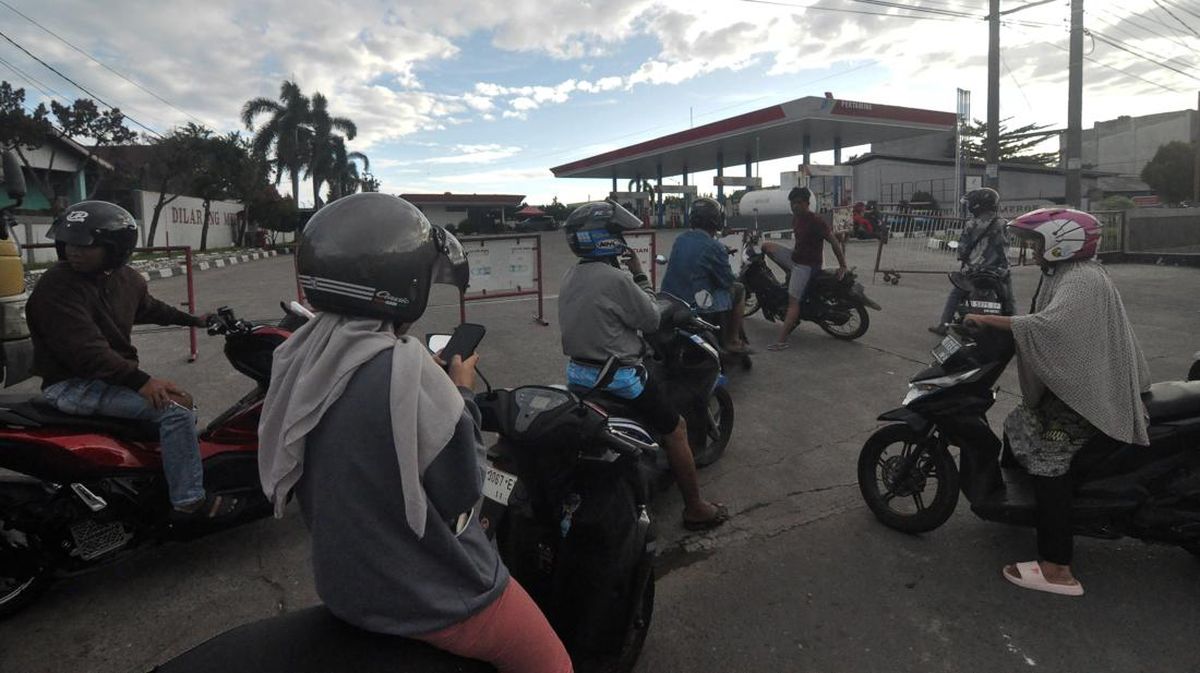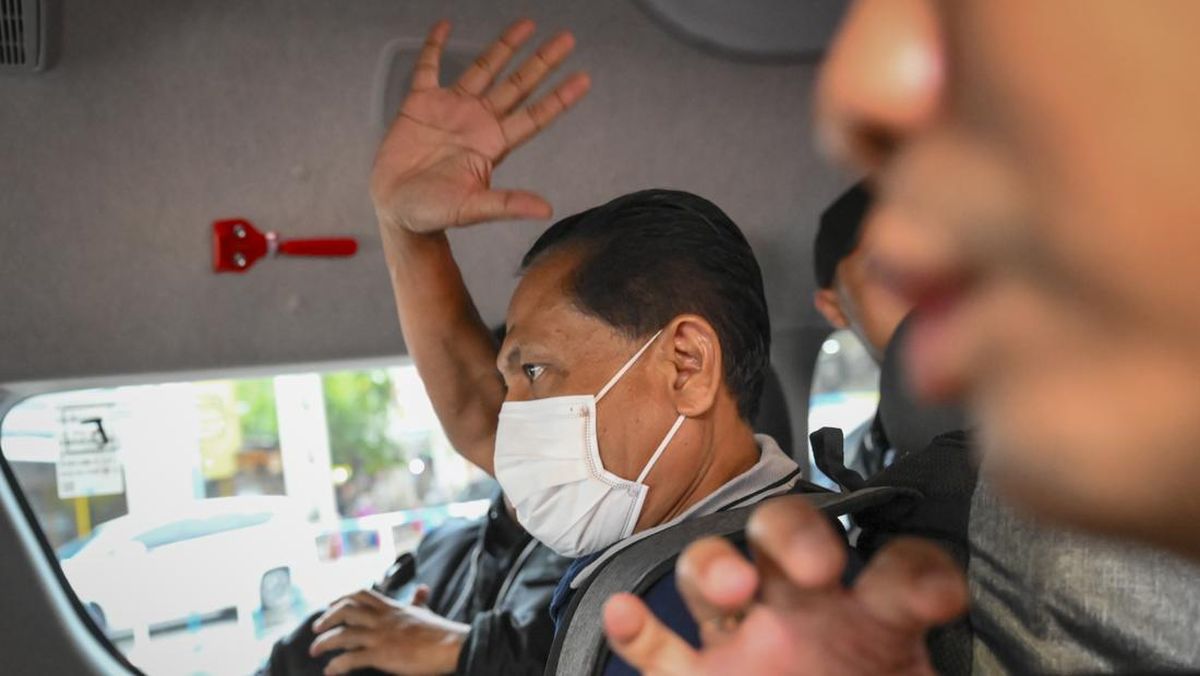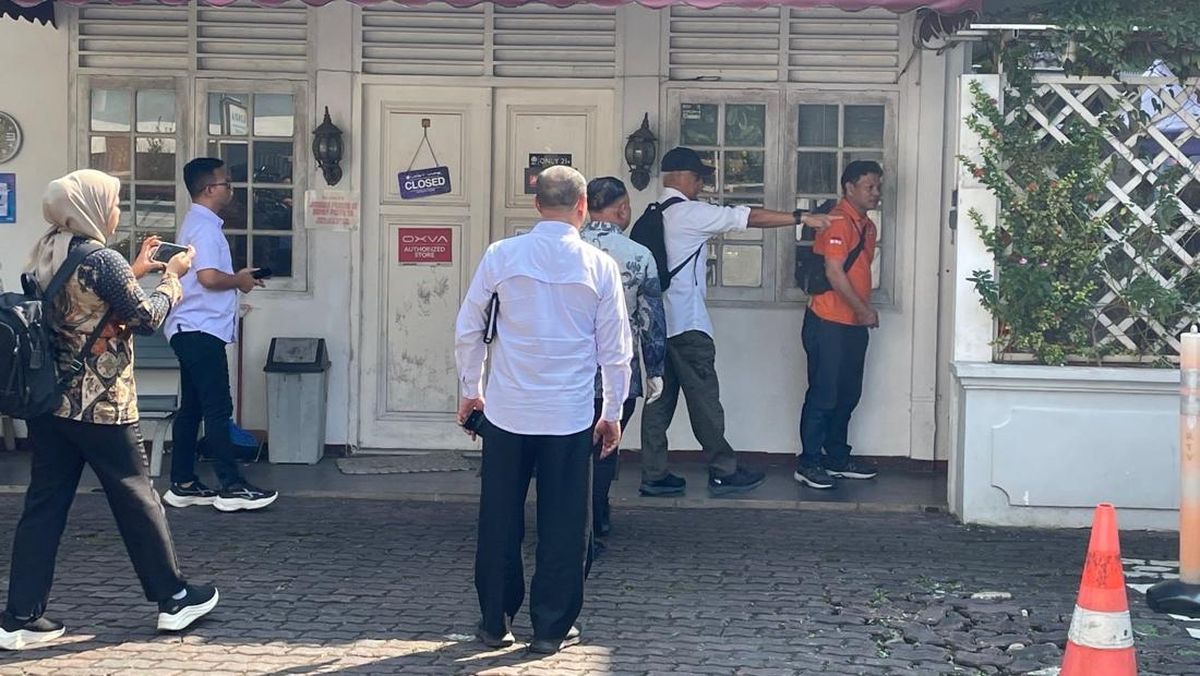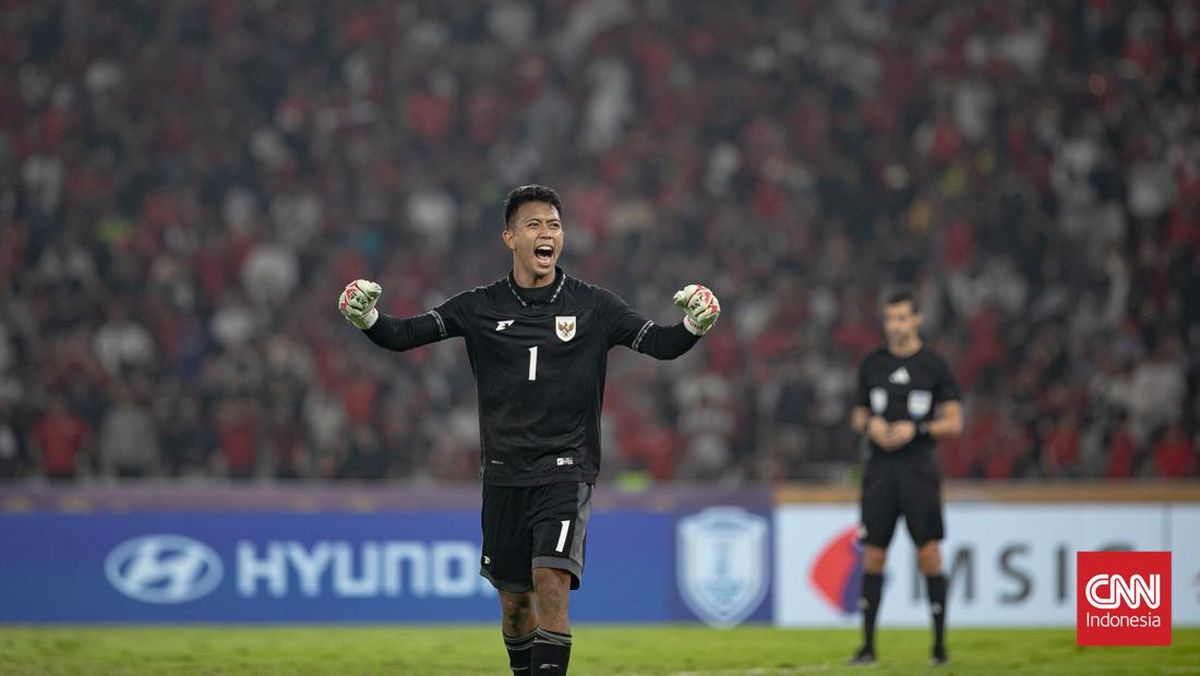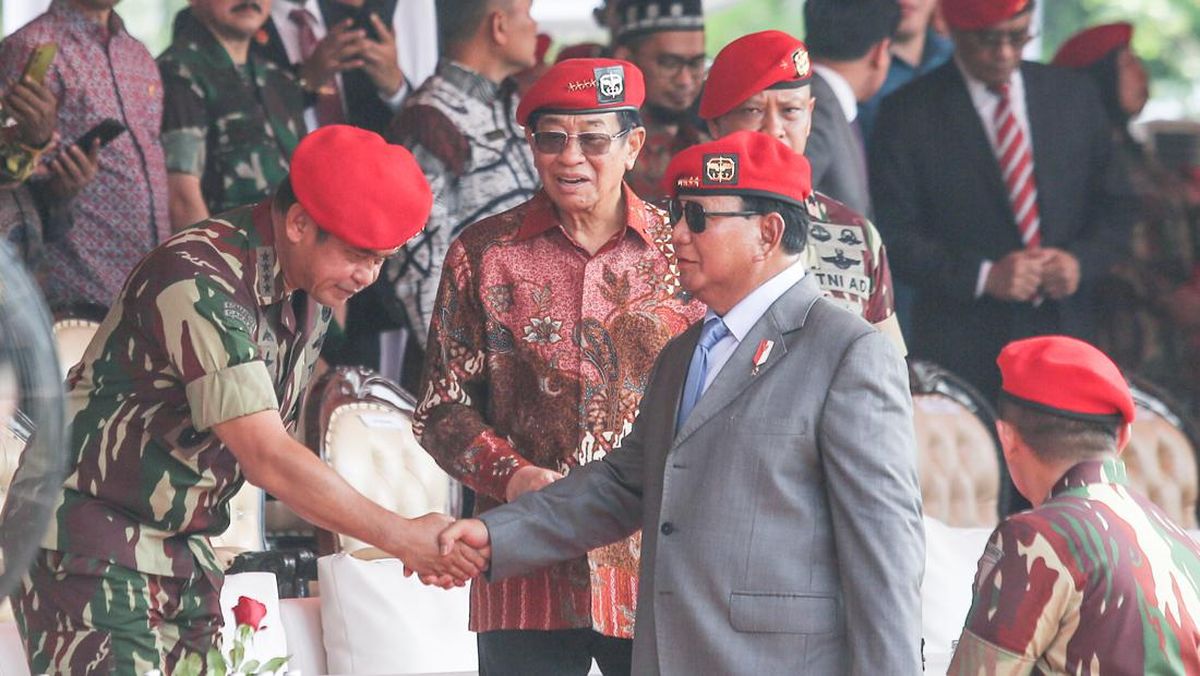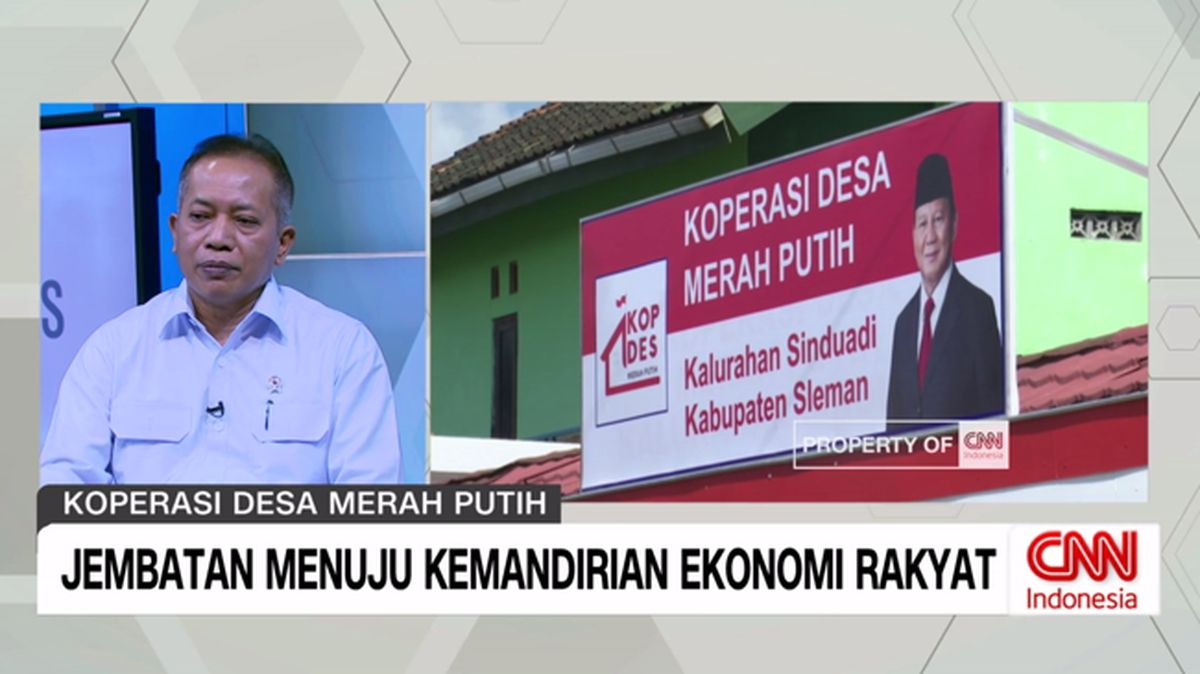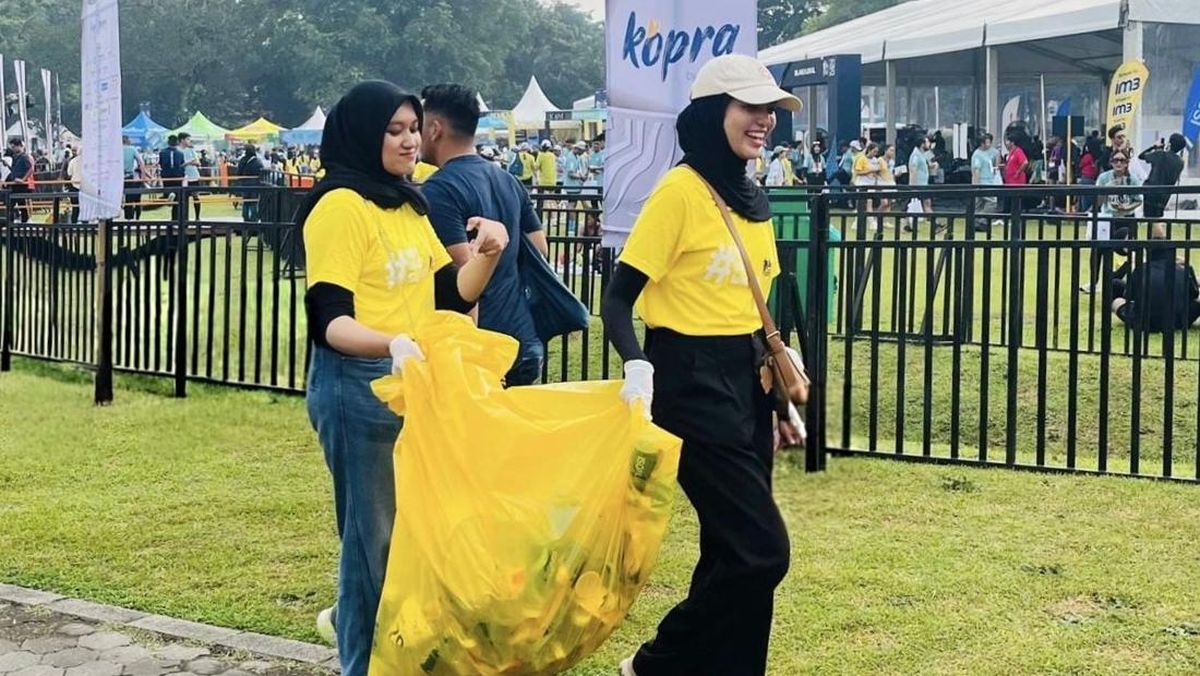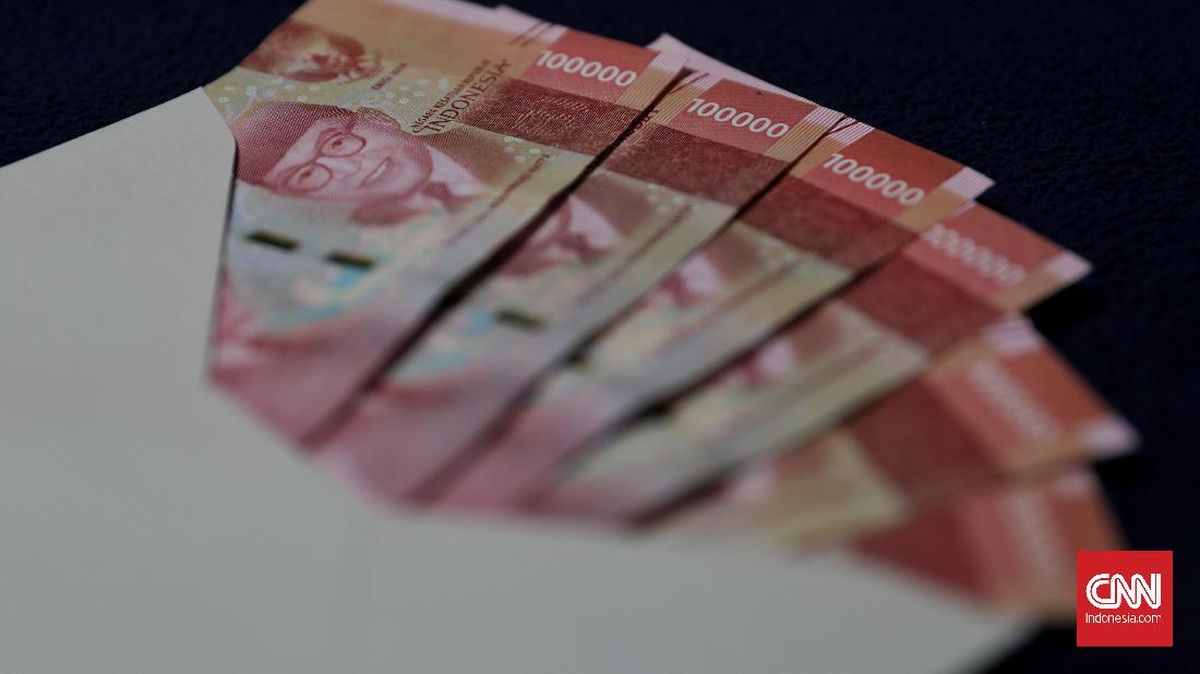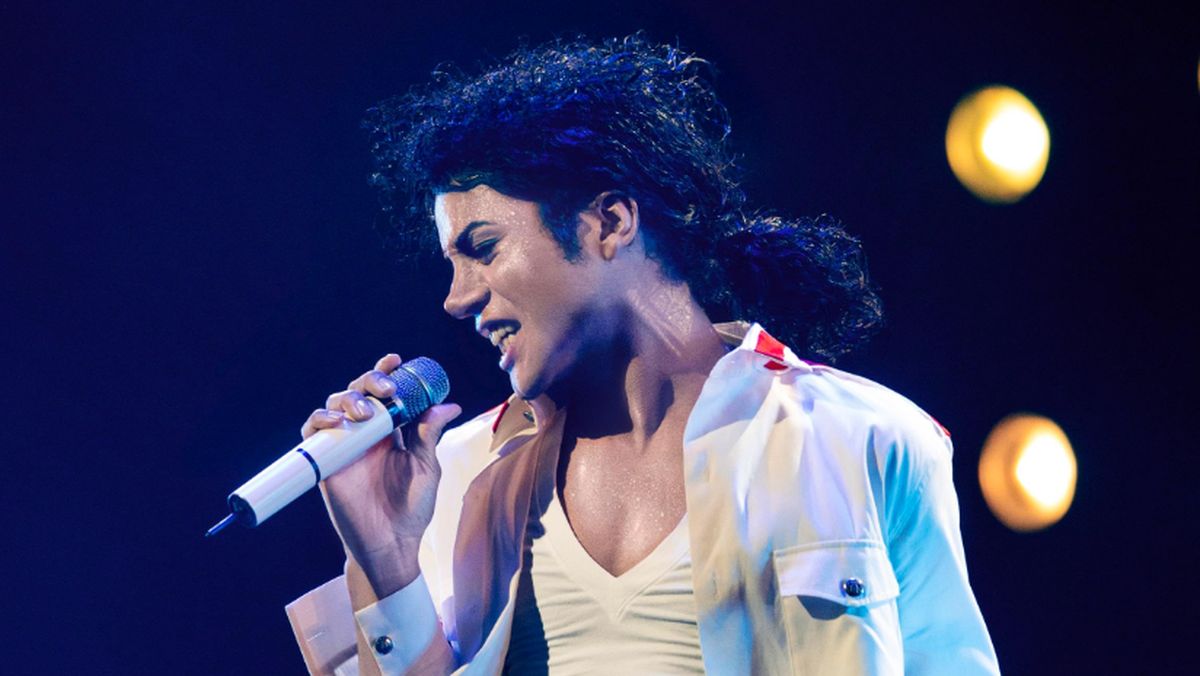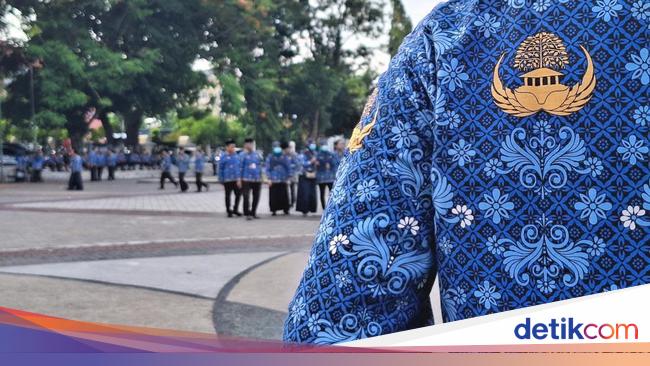I was lucky enough to enjoy Saturday’s journey through Australian music, with two of my grown-up children on a road trip to the Blue Mountains. To celebrate 50 years of being on air, Triple J invited listeners to vote on the 10 best Australian songs. After 2.65 million people voted, including yours truly, the result was a nostalgic playlist, The Hottest 100 Australian Songs. As we drove, it stirred fond memories of their childhood and my youth.

INXS’s former frontman, the late Michael Hutchence. The band’s Never Tear Us Apart was voted the most popular song. Credit: AP
After lunch, as number 56, Jimmy Barnes’ Working Class Man played, my daughter showed me an Instagram reel shared by @sherelmoodyfemicidewatch. It was footage of well-known Australian rap artist, Fortay, who has decided to try his hand at stand-up comedy. The reel was from a recent performance at Zhivago nightclub in Adelaide, where he addressed any feminists who might be in the audience: “If the power grid goes down, you bitches are in trouble. You better start behaving yourself. Stop protesting. Stop trying to cancel my concerts. ’Cause once the power grids go down … ’cause I tell you what…” At this point the men in the audience jollied him along. “Fortay’s comin round!” one called out. Encouraged, Fortay continued: “The men in this crowd are gonna be doin’ what we want with you.”
I typed ferociously in the comment section, trying to be concise and powerful, but knowing, in my escalating anger, that I was a voice in the wilderness. Because, in reality, no one is going to cancel Fortay. His threats of violence will continue to be condoned and this will help to sustain a culture that kills one woman a week in our country.
How do I know Fortay will not be cancelled? My life spans the second and third waves of feminism and is taking me into the next, but misogyny does not die; it just reinvents itself. Now it looks like a tattooed rapper with street cred, or a YouTuber, or an angry incel, or a “Christian” American president.
After the wave of anger subsided, we continued to enjoy the afternoon of music nostalgia, counting down towards the top 10: the best ever, most loved, most powerful, most iconic Australian songs. So far, we’d heard anthems like Treaty by Yothu Yindi at number 36, a still unfulfilled promise that resonates with as much relevance as ever.

Helen Reddy’s iconic feminist anthem, I Am Woman, has inspired generations of activists. Credit: Getty
I was surprised that we had not yet heard Helen Reddy’s feminist anthem, I Am Woman, which became a soundtrack to the women’s liberation movement worldwide, and whose lyrics – “Hear me roar” – have been part of the vernacular for female empowerment for more than 50 years. But I assumed its significance would be satisfyingly recognised in the top 10.
The bangers kept coming: Powderfinger, the Angels and AC/DC. Paul Kelly made a well-deserved appearance at No. 9 and Cold Chisel at numbers 8 and 7! Missy Higgins and The Veronicas edged in at 4 and 3, and finally Hilltop Hoods’ Nosebleed Section at No. 2 and INXS’s Never Tear us Apart at No. 1. Great songs. But still no Helen Reddy. It was over, and I Am Woman was not listed as even one of the best 100 Australian songs.
It was a democratic process, and I am not disputing the results, but it made me wonder why our feminist anthem was overlooked. “I am woman, hear me roar”. These words have become idiomatic in the English language, emblematic of equality, resistance, of breaking down patriarchal structures that disempower women. It would seem that a war cry is needed more now than ever when misogyny is rearing its ugly head through legitimised channels.
It’s old, you might say. It’s from 1972. And yet, coming in at No. 45 was Eagle Rock from 1971. And at number 96, from 1974, the three-part rock opera Evie by Stevie Wright. You might wonder if that song’s lyrics, “You got the body of a woman … and still you’re only 17 … But little girl you’re oh so shy, you hardly make a sound” are problematic for contemporary audiences, but apparently not.
Loading
Predatory sentiments are not a problem in this playlist, while the feminist anthem performed by an Australian woman is nowhere to be heard.
Surprise, surprise, female artists are underrepresented. What does misogyny look like in the music industry? It looks like decades of sexualising, diminishing and ignoring women. And it looks like condoning threats of violence against women by artists like Fortay.
I love your list, Australia, but Am I Ever Gonna See Your Face Again? and Thunderstruck are never going to get me out of my chair like Helen Reddy does when she roars. If you’re a female voice trying to shout down misogyny, you are, as Reddy sang, “still an embryo with a long, long way to go” until you make your brother understand.
Maree Badgery-Parker is an English teacher.
Most Viewed in National
Loading

